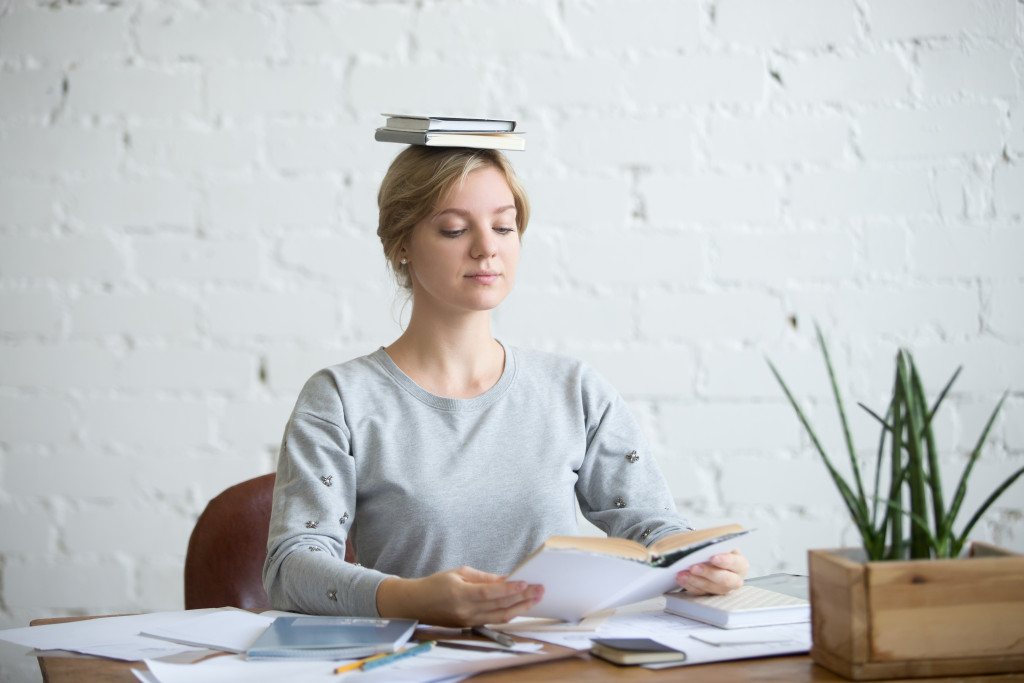When you have gotten so used to bad posture, taking steps to correct it seems unnatural. It feels like unnecessary work, too, when you already feel comfortable with how you sit and stand. Except, the reality is that your body may not be as comfortable about it as you think it is.
To help address posture-related concerns, get chiropractic assistance for expert advice on correcting mistakes you may unknowingly be making. You can also get helpful recommendations on avoiding further discomfort.
Poor posture is to blame for several body aches you may be experiencing, so start being mindful of it before you encounter more issues down the road.
Why You Should Fix Your Posture
Bad posture affects your body in some ways, from how comfortably you can do your daily activities to your digestion and even how you feel throughout the day.
1. It reduces neck and back pain
When a person has bad posture, it means that their bones are not properly aligned either when they are sitting or standing. When these aren’t in optimal alignment, it puts a strain on the muscles, resulting in aches and pains, usually on the neck and back. It could be the reason why you get easily tired while sitting in your office or even when lounging on the couch.
You can alleviate these unnecessary pains by sitting up straight while working. Be mindful of how you walk, too. Make sure that you are not slouching and that there is a slight bend to your knees to avoid locking them.
2. Slouching affects digestion
Do you tend to hunch over or slouch when you are seated? This posture, especially after having a meal, can disrupt your digestion because it puts pressure on your abdominal organs. These can lead to acid reflux or heartburn, as slouching can cause acid in your stomach to go back into the esophagus.
Another issue that you need to watch out for is constipation. Bringing your poor posture into the toilet makes it harder to lead feces out of the anus. Next time, make sure that your knees are positioned higher than your hips when seated to promote better bowel movement.
3. It improves your mood
Posture is one surprising factor that affects your mood. This is because how you carry yourself says a lot about how you are feeling.
Have you noticed that you tend to close into yourself—that is, slouch and look down—when you aren’t feeling great? Alternatively, when you are happy, you are more inclined to stand tall and look up, adopting a stance that is more open toward other people.
Since the mind and body have a special relationship, you can help your mind by straightening your back. This helps you feel more prepared and confident as you face the challenges of the day.

Tips for Improving Your Posture
The work of having better posture can get tough. Bad habits are hard to break, after all. Still, here are a few simple ways to help yourself on the journey to improving your posture.
1. Have a comfortable office setup
Many professionals have now started working from home, but you may not have an ideal office setup just yet. This could be contributing to your poor posture.
You can help fix this by ensuring that your feet are flat on the floor when you are seated. Your shoulder should be relaxed (not slumped!) and your elbows bent at around 90 degrees. Your office chair should also support the natural curvature of your spine.
2. Exercise regularly
An active lifestyle keeps your posture in check in a variety of ways. First, it strengthens your muscles, particularly your back and abdominal areas.
Some types of exercise, such as yoga and Pilates, help you gain better control of your body, making you more aware of your postural tendencies. This enables you to better respond to poor posture, as you can more easily recognize your mistakes and correct them immediately.
3. Set reminders for yourself
Finally, since adopting good posture is hard to make a habit of, reinforce it by setting regular reminders for yourself. You can accomplish this by setting regular alarms on your phone to take breaks in between work deliverables just to stretch or take a five-minute walk. If needed, post visual reminders around the house so that you can maintain good posture when eating, cleaning up, and even when you are relaxing.
Learning to have good posture is hard work, but it pays well.
